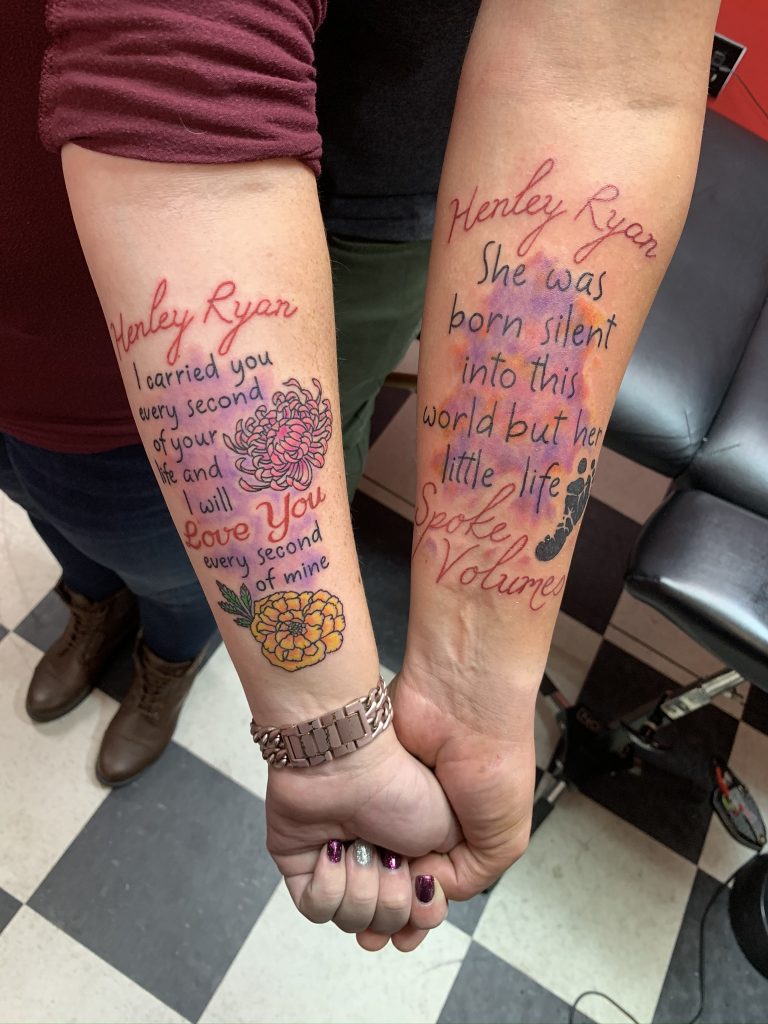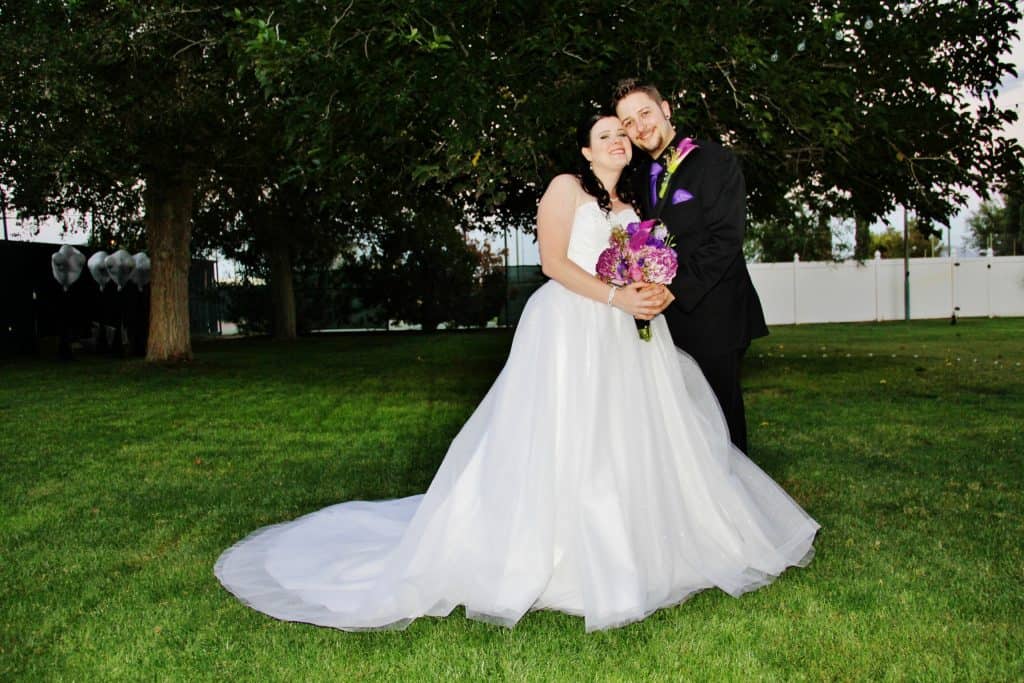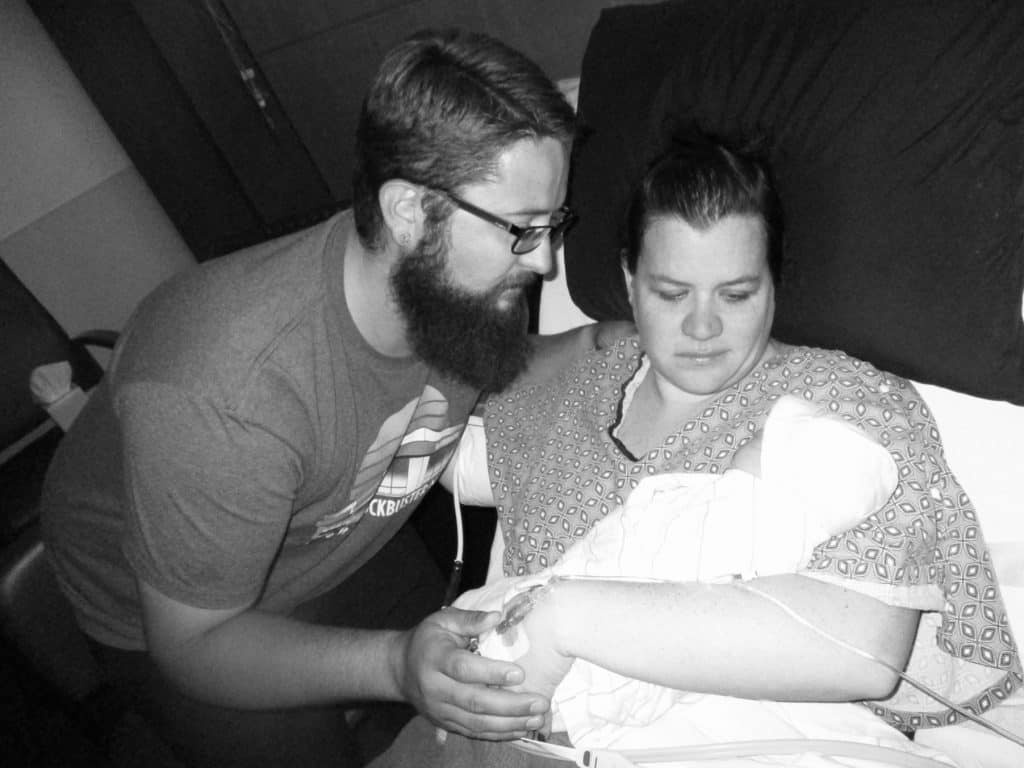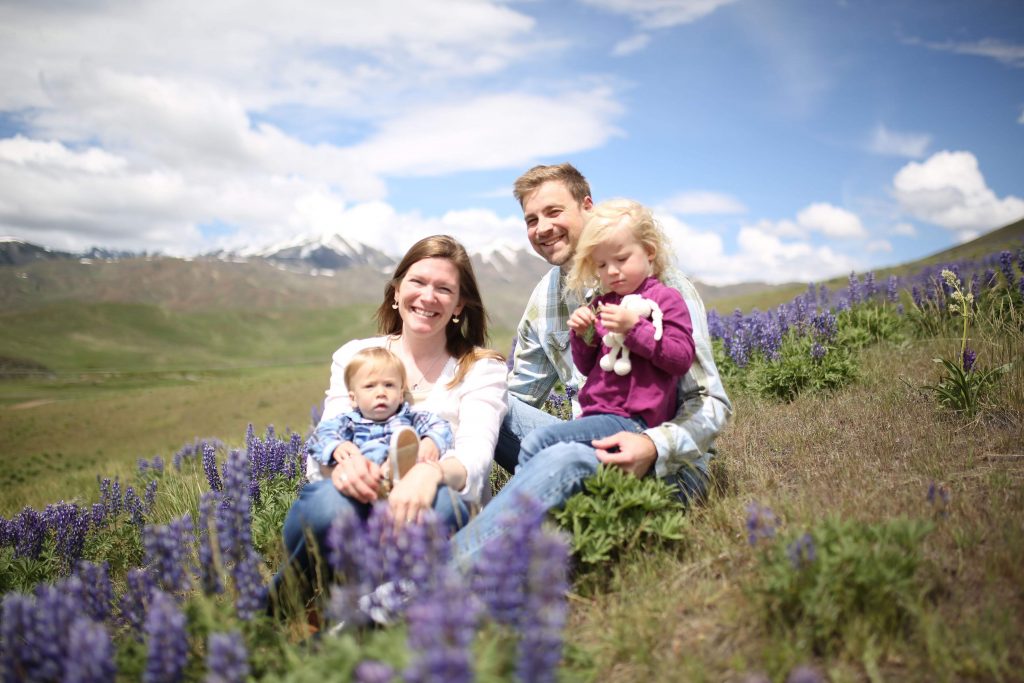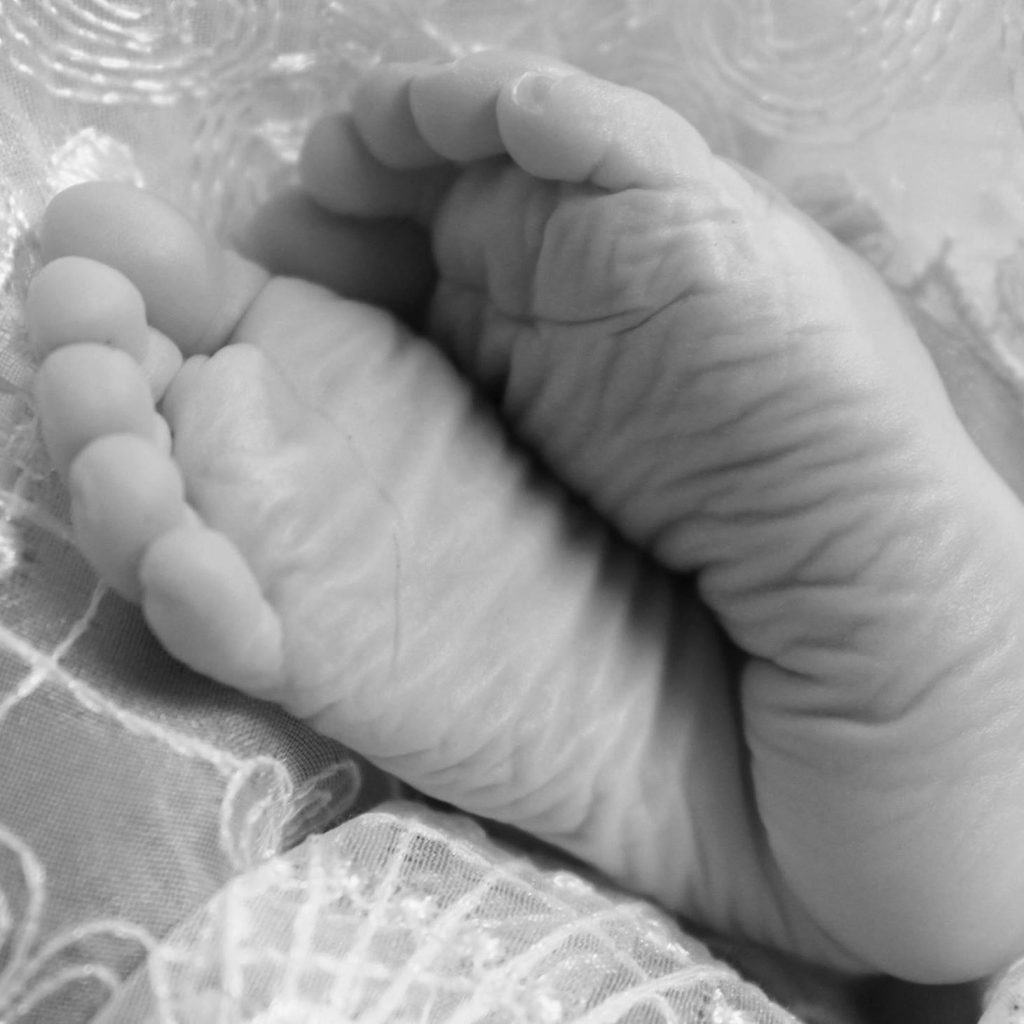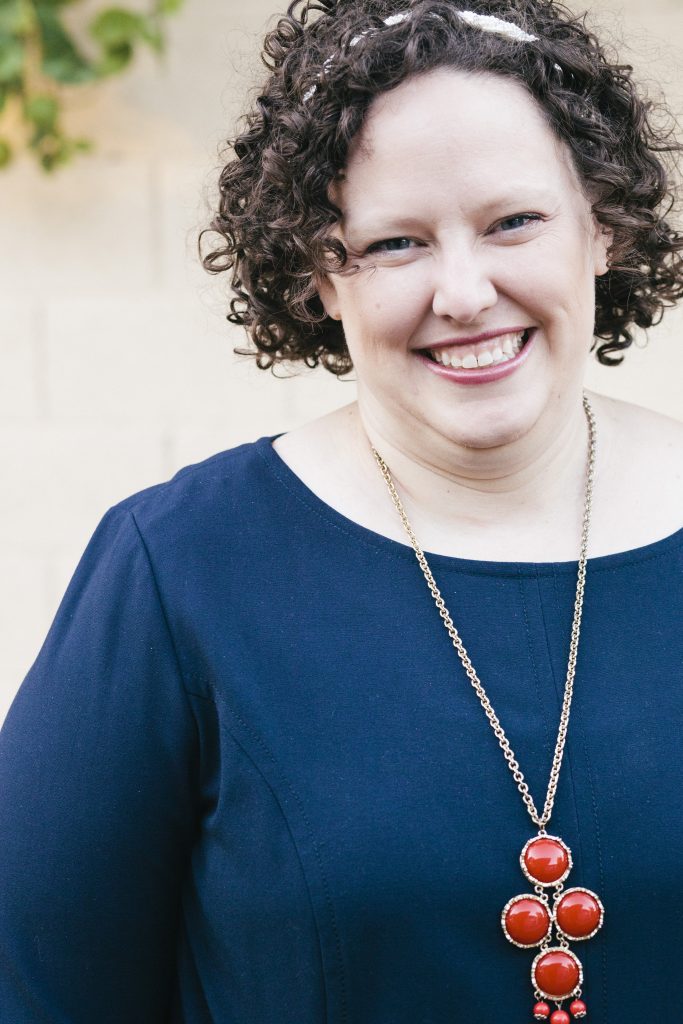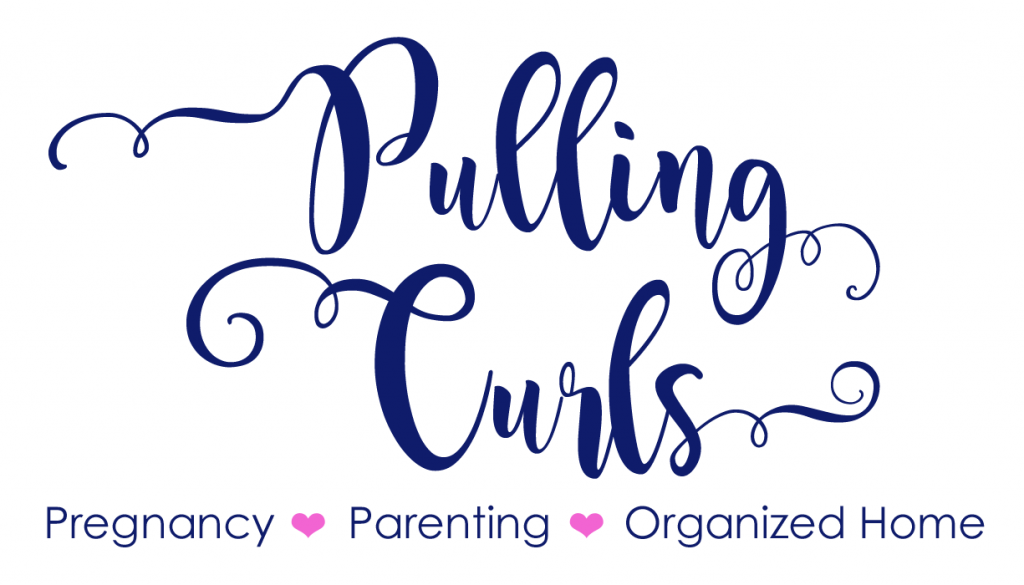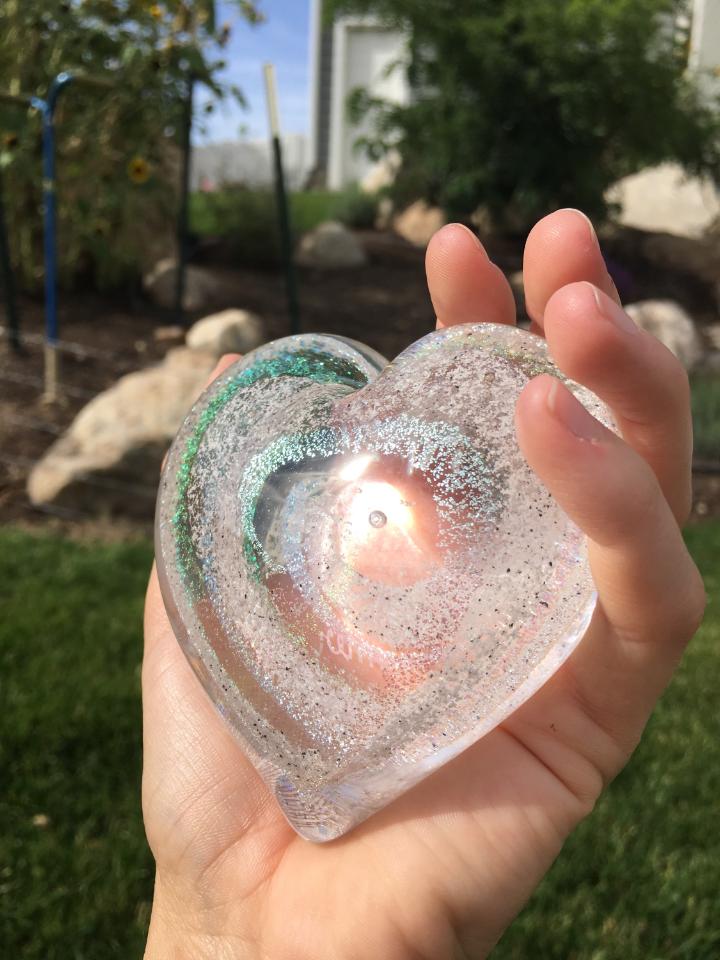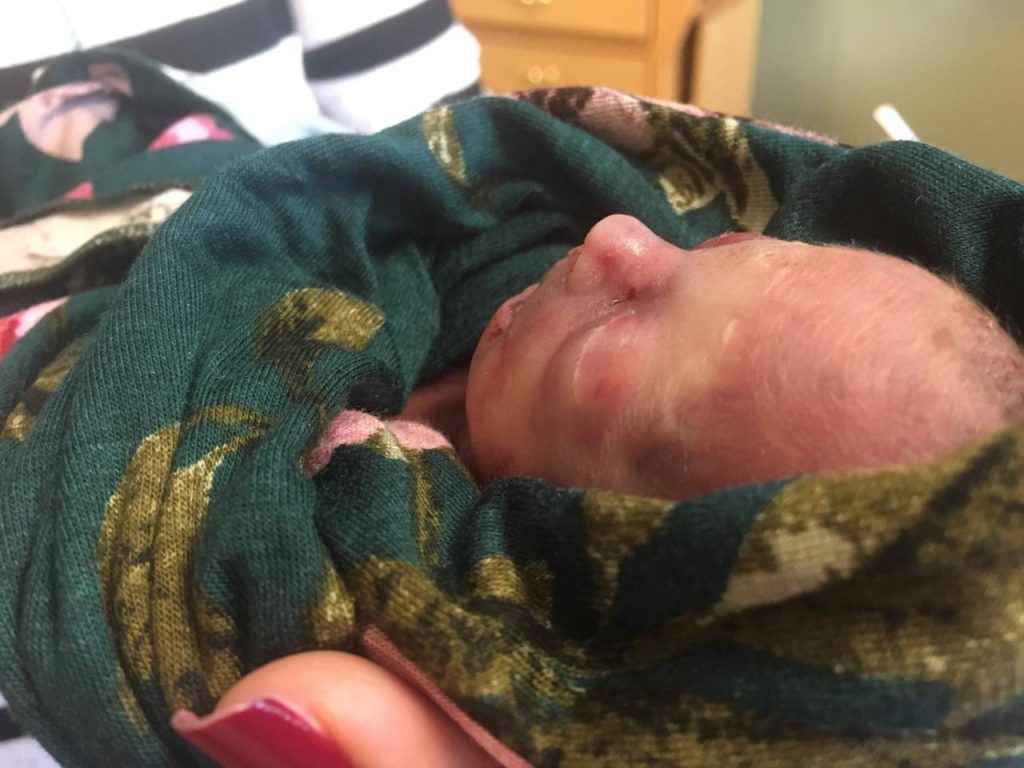After his daughter Henley is stillborn, dad Scott tells us of things that he doesn’t like people to say to him about his daughter and tells of how much he appreciates it when people say her name and acknowledge that she was a person.
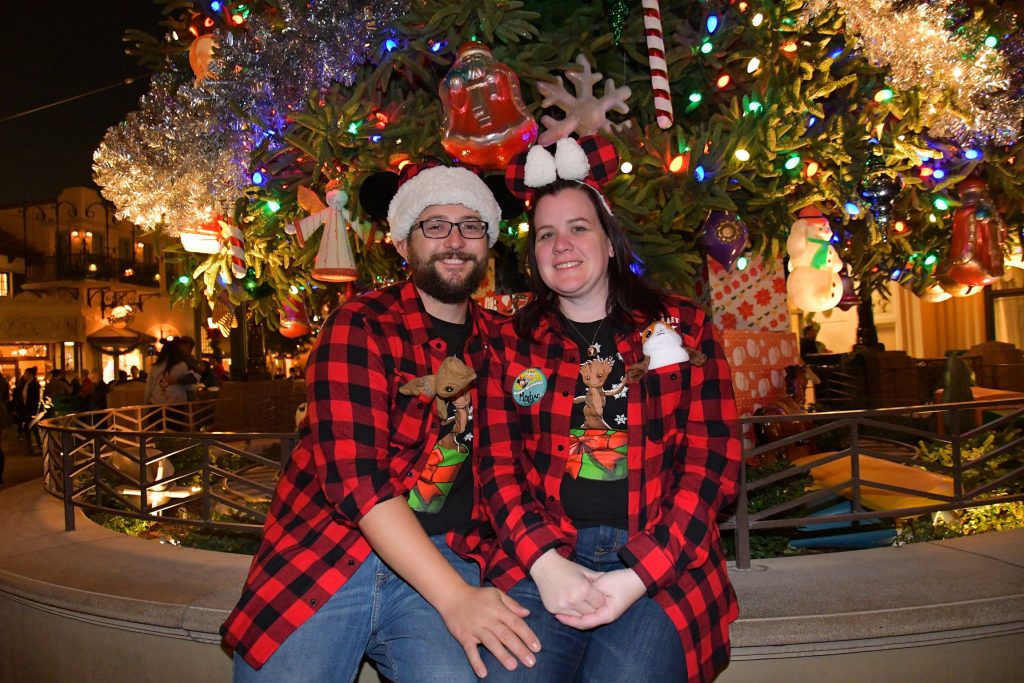
Disclosure: Some of the links within these show notes are affiliate links, which means that if you choose to make a purchase, we will earn a commission. This commission comes at no additional cost to you, our wonderful listener!
In the Advice podcast episode, dad Scott talks his life after losing his daughter Henley to stillbirth:
- Time Stamp 1:58: Finding a support group was especially helpful and it doesn’t need to be a grief support group even
- Time Stamp 8:57: What you shouldn’t say to a loss parent
- Time Stamp 9:57: What you can say instead

- Listen to Scott’s birth story of Henley who was stillborn here in Episode 31.
- Listen to Scott’s wife, Meghan’s birth story of Henley here in Episode 29.
- Listen to Scott’s wife, Meghan’s advice of dealing with grief after Henley’s stillbirth here in Episode 30.

Full Transcript
Lee 0:10
This is Still A Part of Us, a podcast where moms and dads share the story of their child who was stillborn or who died in infancy. I’m Lee Redd, and on this episode of Advice and Encouragement from a Loss Dad, I chat with Scott, whose daughter Henley was stillborn at 36 weeks.
By the way, you can hear Scott and his wife’s episodes about the birth of their child on episode 29 and 31. Today, Scott and I talked about how he has a special doll that he bought for Henley, when they first found out that they were pregnant and how that holds a special place in his heart for his daughter. We talk about strategies that we can implement in our own personal lives, on how we can talk with people who have experienced loss.
As a word of caution to our listeners, this discussion contains emotional triggers of stillbirth and infant loss. Please keep yourself emotionally and mentally healthy and seek help if needed. Hope this helps somebody out there.
And we’re back with Scott, and he’s going to be talking about his daughter. Scott, give us a little recap.
Scott 1:25
Alright. Hi, I’m Scott. My daughter’s name is Henley. With what happened everything: she was 36 weeks. My wife was 36 weeks pregnant, and she was stillborn.
Lee 1:36
And now we’re going to be talking about advice. And I personally don’t like to call it advice. It is advice. It’s, it’s stuff that has helped you, that you would like to pass on to other fathers and other parents. What has been something that you have greatly appreciated that somebody has done for you or that you would like to pass on to somebody else?
Scott 1:58
Okay, one thing that really, really helped me out was the support group I have here with friends. And they, they really, some of them have had the same situation happen, or they’ve had some type of loss with a child, but they were able to help me out with talking with them. But also just kind of staying busy for me, and helping support my wife. I really threw myself into work, which sometimes is not always the healthiest, but I do that, and then I come home, I talk with my wife, with my friends. And I found hobbies have also been very helpful. We started a Disneyland social club and go to Disney. And we had a great time doing that, and meet a lot of really fun, interesting people, same exact things that they’re into. Yeah.
Lee 2:55
And with the social club, is it open to anybody or you sort of more select or…?
Scott 3:01
It is open to everybody. Anybody that would be interested in joining, it is a lot easier to join a social club than it is to make one, we’ve learned. It’s also very expensive to make one. But yeah, it’s open to anybody. It is preferable for somebody with an annual pass, just that way they can come more than once a year to do meetups and hang out with everybody. But really there’s…anybody can join. The president or the vice president I had that was with me, I still consider her my vice president, but she moved to Florida, and now she is the president of the Disney World chapter of our social club.
But yeah, it’s it’s really easy to join. If you wanted to look into joining our group, we have a…kind of like a scavenger hunt, a Disney scavenger hunt kind of thing to do. And it’s super simple. It’s usually like take pictures in front of, of all the mountains of the park, like Space Mountain, Magic–or Space Mountain, Splash Mountain, Matterhorn, Thunder Mountain. And then there’s a take pictures with certain characters, get pictures of certain scenery. And then we also do, I got this from another club, but four acts of kindness. So it could be as simple as just yousee a piece of trash and pick it up. Or you see a child who’s crying, and so you give them these little Disney pins that people buy and trade and stuff like that. Just give them a little pin just to make them happy, make their day a little better, or a way to make those parents of the child, their day a little easier. Because Disney with a little kid is usually not as fun as most people think. It’s pretty stressful, trying to make sure that they’re happy and entertained, and all that stuff. So little things.
Lee 4:44
Now, have you found with your social club with such a–I’m assuming it’s sort of a diverse group of people–are you able to share your personal like, do some of the people in your club know about Henley or is it–?
Scott 5:00
Everybody in my, everybody in my club knows, but several other social clubs–there’s hundreds of them–they know too. We all follow each other on Instagram and stuff. And we posted up. First we posted up that we were pregnant, and everybody was super happy and all that stuff like that. And then later on, we had to post what happened and to show what happened, we, my wife and I, we each had tattoos done on our arm. And we posted the pictures of our tattoos to show what happened and everything. And it’s been nothing but love. People coming up to us, hugging us, sending us messages. Some people have come up to us and they started telling us their stories, which has been fantastic. And it’s basically like there’s a larger club within all of these other clubs now, that people are more talking about now than they used to. They used to just be like, Oh, let’s all hang out. Let’s meet up. Let’s go ride this ride together. And now it’s–now people are getting to some different discussions going on.
Lee 6:02
It’s wonderful that there is that support group that you established and that has come around you.
Scott 6:08
And it’s also, it’s also fun because of Disney I mean.
Lee 6:11
Yeah. The happiest place on earth. Is that their…?
Scott 6:17
Supposed to be the the happiest place on earth, yes.
Lee 6:19
Supposed to be. That’s a good point.
Scott 6:21
Yeah, like I said, there’s some kids that not-so-happy, going around there.
Lee 6:25
Our five-year old, it’s not, at naptime, it’s not happiest time or the happiest place…
Scott 6:30
That or you didn’t buy them a lollipop they wanted or the churro…
Lee 6:34
Just never tell your kid that it’s an option. “Hey, where did those kids get those?” “I don’t know. I don’t know. Let’s go.”
Scott 6:42
“Maybe Mickey Mouse saw them and it was just a prize. They picked up a bunch of trash. Maybe you should try that.”
Lee 6:46
Oh hey, that’s a good way to get it. Was there any other advice that you’d like to…?
Scott 6:52
My main advice that I know my wife also touched on too, is doctors don’t tell everybody to look out for increased and erratic movement. I mean, if that’s something that we would have known, we could have had a completely different outlook. If we would have known that Henley’s kicking and tossing the night before could have been a sign of distress, and we could have gone to the hospital. Itt could have a different outcome. And doctors just don’t say that. They always tell people, Hey, do your kick counts. Make sure that…it’s not decrease movement. They just don’t tell you. So and if anybody listening, and that helps just one person, one family, I mean that’s, that’s really what matters, at least in my eyes.
Lee 7:39
Yeah, it was it’s–I’m not a medical person. And Scott, I’m pretty sure–we’ve been talking about what you do and–but it is one of those like, we didn’t know a lot of what was going on, as well. And I don’t blame any of our medical personnel, but it’s one of those situations where sometimes knowledge is power. And you know, like you said, if it helps one person, that’s a good thing, so…
Scott 8:06
And I don’t blame any of…our doctor, any of that. I don’t blame her. She’s been fantastic. We actually trying again, and we’re gonna stick with her and she was great. And the fact that she had so much emotion when everything happened, showed how much she actually cared. We weren’t just a number on a chart, that she was trying to push through. She actually took extra time with us every visit. And so, so I don’t blame her for any of that. It’s just, it’s not common practice for doctors to say, Hey, keep an eye out for this. And I truly believe it needs to become more commonplace for them to say, Yeah, look out for decrease, but you need to also look out for unusual and erratic movement that is outside of the norm that you have noticed over the last so many months.
Lee 8:57
Is there anything that people should not do? Not to point anybody out, but is there, there–? We talked about some good. If you want to bring up anything that you’re like, yeah, don’t, you know, come on people, let’s get over to this practice? If there’s not, you know, don’t feel bad, but…
Scott 9:15
No, I…yeah, there is some. The only two terms that I don’t usually use this word often, but I hate, I hate these two terms is, “it was God’s plan” or “it was all in the name of God” or something like that. Like those ones drive me nuts. And I’m, I’m okay with like, “Oh, we’re praying for you” and “You have us in your thoughts.” I appreciate all of that. It’s just those two, because I’m like, What is his plan that needed to take my child for me? That that makes no sense. And that’s pretty much it. Those are the only things that I think nobody should ever say.
Lee 9:55
It’s not a comforting thing to hear.
Scott 9:57
No, not at all. Like, Oh, you’re nn our prayers. Oh, we’re thinking about you. I think of Henley all the time. And use her name. That’s the other thing too that Meghan and I have noticed: people are like, Oh, the baby. Oh your baby. Like she had a name. She was a person. Like yeah, I mean in some states, they might look at it as, oh yeah you didn’t have a child. But we did. And her name is Henley. So I much prefer it when people actually use her name, especially with friends and everything. And they’re starting to catch on to that too. Because they bring it up. We start talking and we’ll use her name, and so then they start using it. And it actually makes me happy hearing other people say her name.
Lee 10:42
And as a parent as, you know, my son is my son and he will always be part of me. And I love, I love it when people do use, you know, in your situation when they do talk about Henley. And in my situation, I love it when people are like, you know. You know, we have, we live pretty close to the cemetery where we buried Brannan, and we’ll get texts and like, Hey, we were walking through the cemetery, and we stopped by Brannan’s. It was great to see him. And it’s just like, just little things where it’s like, yeah, they’re bringing up MY child. And I’m glad, I’m glad it’s not just our thing. You know I’m glad other people. And like you said, you like that your friends and people are using Henley’s name. We as parents of loss, we love our children. And we just want people to also talk about them.
Scott 11:35
Yeah, of course always love her. And I wish I would have been able to meet Brannan and everything. That would have been great.
Lee 11:45
If you’re ever up in Utah, we’d love to take you out, I guess.
Scott 11:51
Yeah, I mean, Utah could be fun. Only place in Utah I’ve ever been is a–actually no, didn’t go to Utah. My wife wants to take me to Utah to go to the Cracker Barrel up there.
Lee 12:04
We’d take you to the Cracker Barrel! There’s a lot of stuff here in Utah. It’s pretty cool. But yeah. Was there, is there anything else you want to say or we wrap this up?
Scott 12:15
I think we’re good. I think we touched on everything.
Lee 12:19
Well, wonderful. Scott, thank you so much. It was wonderful to talk to you about your daughter Henley.
Scott 12:24
Thank you so much.
Lee 12:25
Thanks for opening up and sharing this tender part of your life with us all.
Scott 12:30
Thank you. It’s been great.
Lee 12:32
And you have a wonderful day.
Scott 12:34
You too, sir.
Lee 12:44
Again, I would like to thank Scott for coming on the podcast. It was wonderful to talk with him and see how he’s doing in his process of grief. It’s good to hear his story of his daughter Henley.
Head over to our website, StillAPartofUs.com. There you could find the show notes including a full transcript of this interview and any resources that were mentioned. You could sign up for a short and helpful newsletter. And there you can learn how you can become a patron and support the work it takes to produce the show for a few dollars a month. And lastly, there you can find out how to get in touch with us if you want to share your child’s story on the show.
The show was produced and edited by Winter and Lee Redd.l Thanks to Josh Woodward for letting us use his song “Vanishing Note”. You could find him at JoshWoodward.com. Subscribe to this podcast and share it with a friend that might need it and tell them to subscribe. Why? Because people need to know that even though our babies are no longer with us, they are still a part of us.
If you think you are too small to make a difference, try sleeping with a mosquito. The Dalai Lama

